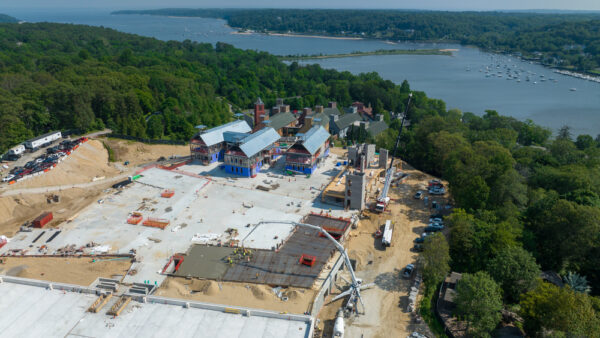Construction firms in Malaysia have protested against a surprise move by the government making them pay a levy of hundreds of dollars for every foreign worker they employ.
An industry body says the new rule will suck hundreds of millions of dollars out of the industry, raising the cost of construction and making Malaysian builders less competitive.
With the implementation of this policy, this will mean added cost for other supporting industries which may result in further increase in overall cost for the construction industry– Foo Chek Lee, President of the Master Builders Association Malaysia
The surprise announcement came on 31 December when Malaysia’s Deputy Prime Minister, Datuk Seri Dr Ahmad Zahid Hamidi, decreed that employers in the manufacturing, construction and services sectors would now have to pay the levy on foreign workers themselves, instead of deducting the levy from workers’ salaries, as they had done before.
Set to take effect the very next day, on 1 January 2017, the move followed a hike in the levy applied to foreign construction workers to $413 (RM1,850) per worker from $268 (RM1,200) earlier in 2016.
The high quantity of foreign workers is a controversial issue in Malaysia, where around 900,000 are thought to be working in construction, say reports.
Malaysian builders have called for the rule to be rescinded.
Reacting to the unexpected rule, Master Builders Association Malaysia (MBAM) President Foo Chek Lee said it would land the country’s construction sector with an extra bill of around $447m (RM2 billion).
Speaking at a 9 January press conference, Foo said end users could end up bearing the burden of the extra cost.
“With the implementation of this policy, this will mean added cost for other supporting industries which may result in further increase in overall cost for the construction industry,” he said, reported the Malay Mail Online.
“Such huge sum of monies will further impair the cash flow of employers and make our construction more expensive and less competitive,” Foo said, adding that the additional cost may ultimately, be passed down to the end-buyers.
Foo said the $447m this would cost the industry could be better spent “to adopt new technologies and mechanisation to improve and increase productivity and thus reduce dependency on foreign labors in the long-run”.
He added that, by switching the levy, existing foreign workers serving pre-existing contracts would also demand the same terms, which would cause “turmoil”.
Image: Construction workers with concrete vibrator at a construction site in Selangor, Malaysia (Aisyaqilumar/Dreamstime)






